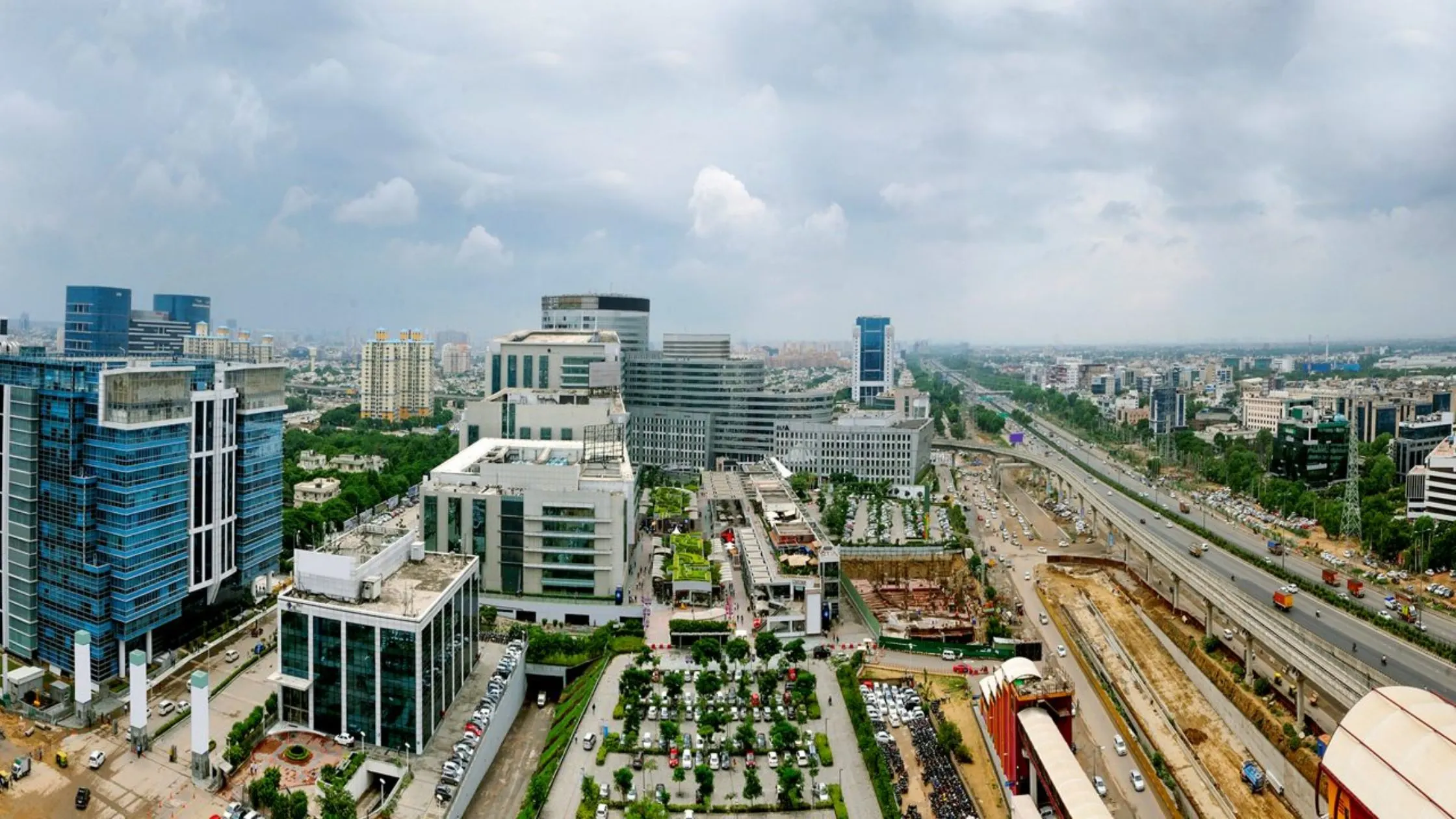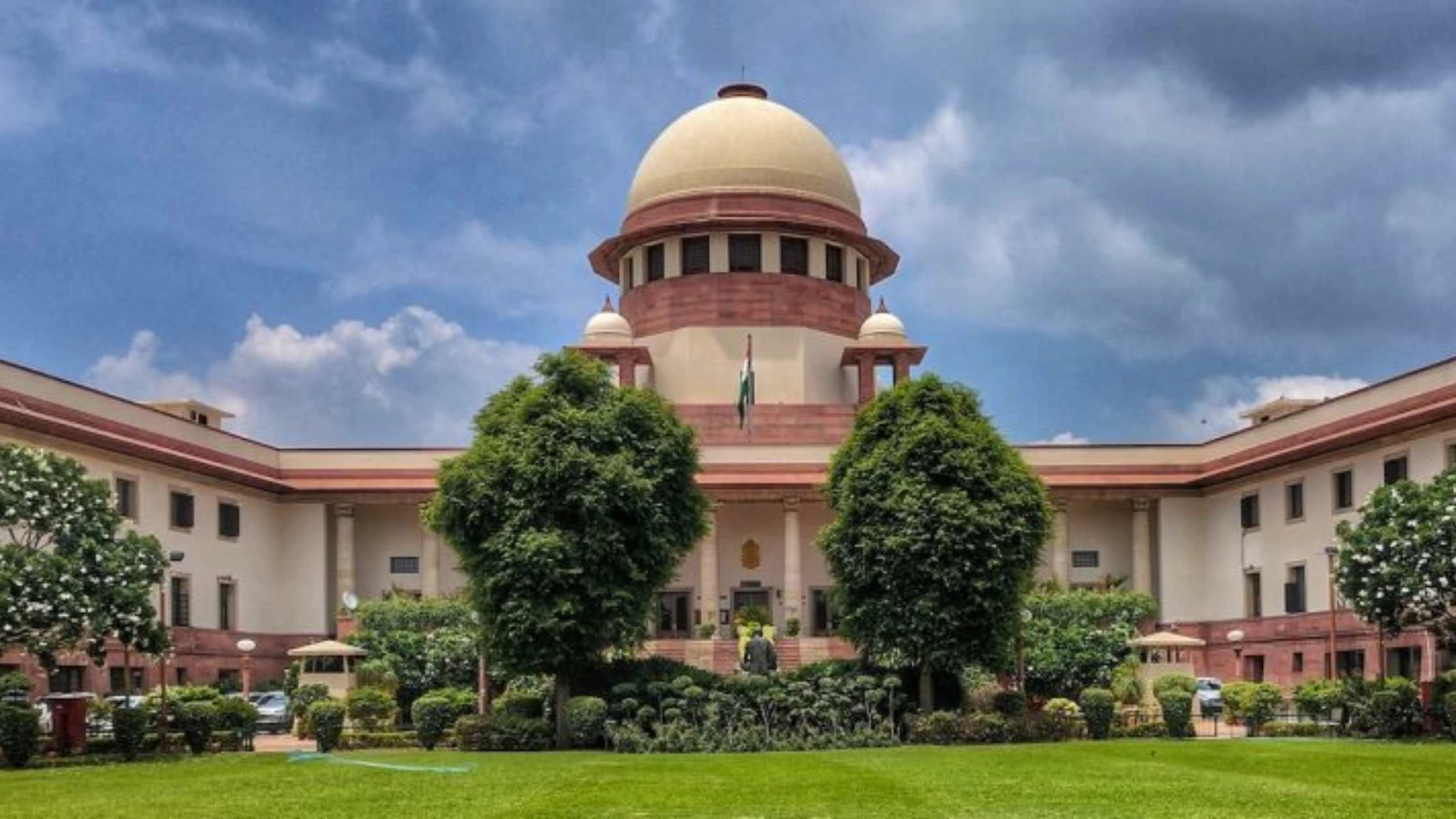Table of Content
▲- Table of Contents
- 1. Overview of the Real Estate Market in Kashmir
- 2. Factors Driving Interest in Kashmir’s Real Estate
- 3. Key Challenges for Real Estate in Kashmir
- 4. Opportunities in Kashmir’s Real Estate
- 5. Government Initiatives and Policies
- 6. Impact of Article 370 Abrogation on Real Estate
- 7. Case Studies of Prominent Real Estate Projects in Kashmir
- 8. Future Outlook for Kashmir’s Real Estate
- 9. Table: Challenges vs. Opportunities
- 10. Tips for Investing in Kashmir’s Real Estate
- Conclusion
Kashmir, often referred to as "Paradise on Earth," is renowned for its scenic beauty, rich culture, and strategic location. In recent years, the region’s real estate sector has attracted attention from both local and outside investors. However, the development of the real estate market in Kashmir faces unique challenges and opportunities due to its history, geography, and political climate.
This article explores the various facets of the real estate industry in Kashmir, including the challenges, opportunities, potential growth areas, and policy changes.
Table of Contents
- Overview of the Real Estate Market in Kashmir
- Factors Driving Interest in Kashmir’s Real Estate
- Key Challenges for Real Estate in Kashmir
- Political and Security Concerns
- Legal and Ownership Restrictions
- Infrastructure and Connectivity Issues
- Opportunities in Kashmir’s Real Estate
- Residential Projects
- Commercial Spaces
- Tourism-Driven Development
- Government Initiatives and Policies
- Impact of Article 370 Abrogation on Real Estate
- Case Studies of Prominent Real Estate Projects in Kashmir
- Future Outlook for Kashmir’s Real Estate
- Table: Challenges vs. Opportunities
- Tips for Investing in Kashmir’s Real Estate
- Conclusion
1. Overview of the Real Estate Market in Kashmir
The real estate market in Kashmir is at a nascent stage compared to other regions in India. Historically, the market has been limited due to restrictions on property ownership and the political situation. However, with recent policy changes and infrastructural development, the sector is witnessing renewed interest.
2. Factors Driving Interest in Kashmir’s Real Estate
Several factors contribute to the growing interest in Kashmir's real estate market:
|
Factor |
Impact on Real Estate |
|
Natural Beauty |
High demand for holiday homes and resorts. |
|
Strategic Location |
Potential for industrial and commercial development. |
|
Policy Reforms |
Boost in investor confidence post-abrogation of Article 370. |
|
Tourism Growth |
Increased need for hotels, homestays, and tourism facilities. |
3. Key Challenges for Real Estate in Kashmir
3.1 Political and Security Concerns
The region's history of unrest poses challenges for investors and developers.
|
Challenge |
Impact on Real Estate |
|
Frequent Shutdowns |
Delayed project timelines. |
|
Lack of Investor Confidence |
Difficulty in attracting long-term investments. |
3.2 Legal and Ownership Restrictions
Historically, non-residents could not buy property in Kashmir due to Article 35A.
|
Aspect |
Current Status |
|
Land Ownership |
Open to all Indian citizens post Article 370 abrogation. |
|
Tenancy Laws |
Complex and vary by region. |
3.3 Infrastructure and Connectivity Issues
Kashmir’s remote location and harsh winters make infrastructure development challenging.
|
Issue |
Impact |
|
Poor Road Connectivity |
Hinders access to remote areas. |
|
Limited Utility Services |
Impacts residential and commercial development. |
Also Read: Why you shouldn't rush to buy property in Jammu & Kashmir
4. Opportunities in Kashmir’s Real Estate
4.1 Residential Projects
The demand for modern housing is rising among locals and non-resident Kashmiris (NRKs).
|
Opportunity |
Details |
|
Affordable Housing |
Demand for budget-friendly homes in urban areas. |
|
Luxury Villas |
Popular among NRKs and high-income groups. |
4.2 Commercial Spaces
With growing economic activity, the demand for retail and office spaces is increasing.
|
Type |
Demand Drivers |
|
Retail Complexes |
Growth in tourism and local economy. |
|
IT Parks |
Potential for outsourcing industries. |
4.3 Tourism-Driven Development
Tourism is a significant driver of real estate in Kashmir.
|
Segment |
Real Estate Opportunities |
|
Hotels and Resorts |
Development of premium and budget accommodations. |
|
Homestays |
Popular among domestic tourists. |
5. Government Initiatives and Policies
The government has introduced several initiatives to boost real estate in Kashmir:
|
Policy/Initiative |
Impact on Real Estate |
|
Industrial Development Scheme |
Encourages industrial hubs, increasing demand for commercial spaces. |
|
Housing for All by 2022 |
Focus on affordable housing projects. |
|
PMGSY Roads Initiative |
Improved road connectivity in remote areas. |
6. Impact of Article 370 Abrogation on Real Estate
The abrogation of Article 370 in 2019 was a turning point for Kashmir's real estate sector.
|
Change |
Impact |
|
Land Ownership |
Opened doors for Indian citizens to invest in Kashmir. |
|
Government Focus |
Increased attention on infrastructure and development. |
7. Case Studies of Prominent Real Estate Projects in Kashmir
- Rajbagh Commercial Hub
- A modern commercial project catering to local businesses.
- Located in Srinagar, it attracts significant footfall.
- Tangmarg Tourist Resort
- Luxury resort catering to high-end tourists.
- Boosts local employment and tourism.
8. Future Outlook for Kashmir’s Real Estate
The future of real estate in Kashmir looks promising due to the following reasons:
- Increased tourism and economic activities.
- Improved connectivity with initiatives like the Udhampur-Srinagar-Baramulla railway line.
- Policy reforms encouraging private investment.
9. Table: Challenges vs. Opportunities
|
Challenges |
Opportunities |
|
Political instability |
Increasing government focus on development. |
|
Infrastructure gaps |
Potential for large-scale infrastructure projects. |
|
Legal complexities |
Simplification of laws post Article 370 abrogation. |
10. Tips for Investing in Kashmir’s Real Estate
- Do Thorough Research: Understand the local market and legal requirements.
- Engage a Local Agent: Hire someone familiar with the region.
- Focus on Growth Areas: Invest in projects near urban centers and tourist hubs.
- Verify Legal Documents: Ensure all property papers are in order.
Conclusion
Kashmir’s real estate market is a blend of challenges and opportunities. While the region has unique hurdles such as political instability and infrastructure deficits, its natural beauty, strategic location, and evolving policies present immense potential. For investors willing to take calculated risks, Kashmir offers a promising real estate landscape.
By addressing key challenges and leveraging government initiatives, the region’s real estate sector can thrive, creating a win-win situation for developers, buyers, and the local economy.
Also Read: Fresh infrastructure development initiatives in Jammu and Kashmir






Ans 1. The Title Deed is the most important document as it establishes the seller's ownership and ensures that the property has no legal disputes
Ans 2. The Sale Deed is a legal document that officially transfers ownership of the property from the seller to the buyer.
Ans 3. The EC ensures that the property is free from financial or legal liabilities, such as loans or mortgages, making it a critical document for buyers.
Ans 4. Yes, an Occupancy Certificate certifies that the building complies with local laws and is ready for occupation. It is essential, especially for newly constructed properties.
Ans 5. Documents like the loan sanction letter, bank statements, proof of income, and identification (PAN and Aadhaar) are required for a home loan application.